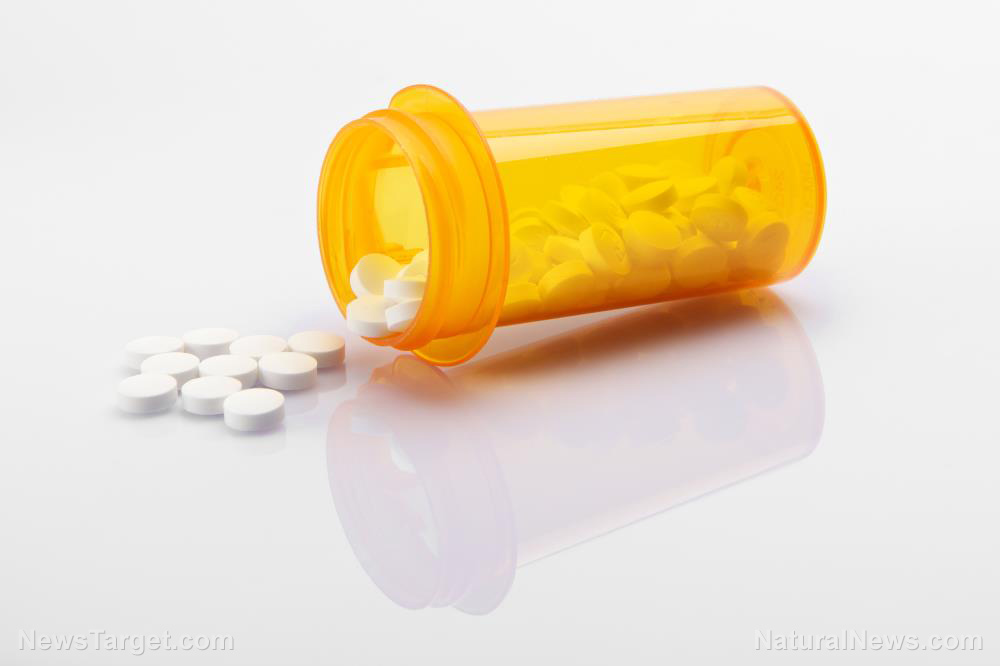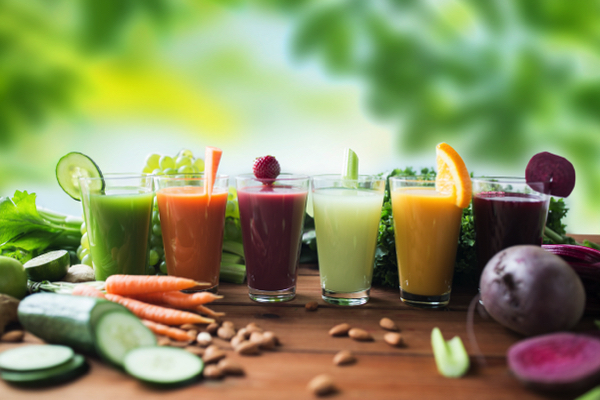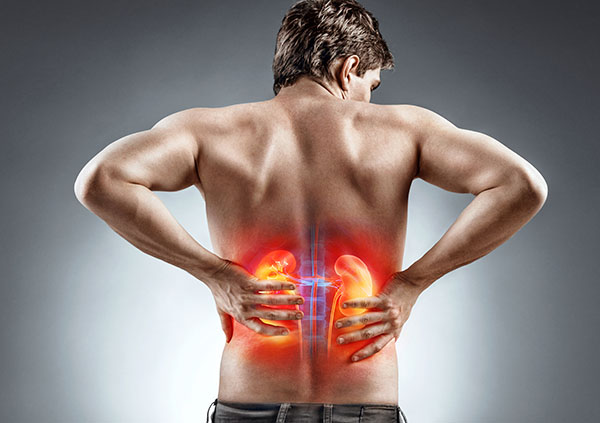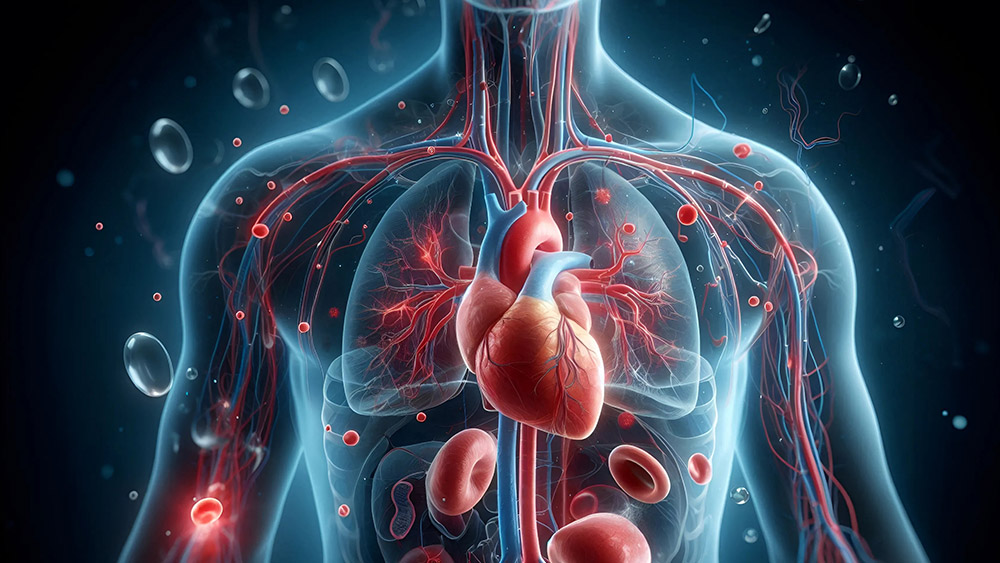From jet lag to blisters: How ancient remedies can revolutionize travel health
09/09/2025 / By Willow Tohi
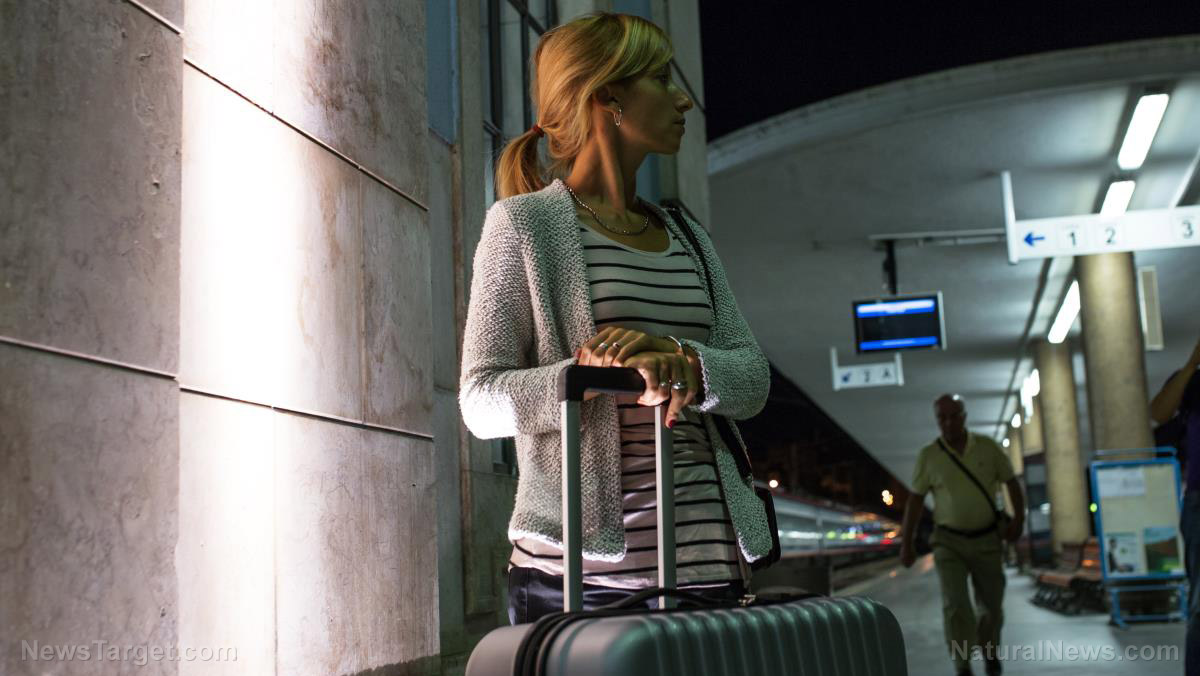
- Traditional Chinese Medicine (TCM) and Ayurvedic remedies — like ginger, rhubarb and acupressure — offer science-backed solutions for constipation, diarrhea and motion sickness while traveling.
- TCM emphasizes individual “constitutions” (hot, cold or stress-induced), requiring tailored remedies — such as cooling rhubarb for heat-related constipation or warming ginger for cold-sensitive digestion.
- Pack travel-friendly essentials like black elderberry gummies for immunity, turmeric for inflammation, and peppermint or chamomile for stress and digestive upset.
- Simple techniques, like pressing the Chengshan point for foot pain or the Yuji point for throat discomfort, provide drug-free relief without extra gear.
- Experts advise consulting a TCM or naturopathic practitioner to customize remedies, especially for children or those with chronic conditions, and to avoid overuse of potent herbs like rhubarb.
In an era where travel disruptions — from flight delays to foodborne illnesses — are compounded by post-pandemic anxieties, a growing number of globetrotters are turning to time-tested natural remedies to stay healthy on the road. Traditional Chinese Medicine (TCM) and Ayurveda, systems refined over millennia, are gaining traction not just for their efficacy but for their portability and minimal side effects. With pharmaceutical shortages, skepticism toward synthetic drugs and a desire for self-sufficiency, these ancient practices offer a compelling alternative.
Dr. Zhu Yizhi, a TCM physician at Taiwan’s Mingyue Clinic, recently shared his travel-specific protocols on NTD’s “She’s Health” program, bridging classical theory with modern convenience. His approach hinges on a radical idea: there’s no one-size-fits-all cure. Instead, remedies must align with an individual’s “constitution” — a concept foreign to Western medicine but central to TCM. For example, a traveler prone to heat-induced constipation (marked by irritability and red lips) would use cooling rhubarb, while someone with a “cold” constitution (purplish lips, cold sensitivity) might opt for warming dried ginger.
This personalized framework is particularly relevant today, as travelers face unpredictable stressors — from airport chaos to unfamiliar pathogens. “The body’s response to travel stress is as unique as a fingerprint,” Dr. Zhu noted. “Acupressure and herbs can rebalance energy flows disrupted by long flights or sudden diet changes.”
The traveler’s natural first-aid kit: What to pack
Modern travelers can curate a compact, TSA-friendly arsenal of natural remedies. Based on expert recommendations, here’s what to include:
For digestive distress:
- Digestive enzymes: Helpful for preventing gastrointestinal distress caused by unfamiliar foods.
- Dried ginger (Gan Jiang in TCM): Warms the digestive tract for “cold” constipation. Pair with brown sugar in tea (1–1.5 grams daily). Ginger is also known to soothe upset stomach and nausea from motion sickness.
- Peppermint tea or capsules: Eases stress-induced bloating by relaxing intestinal muscles. Studies confirm its efficacy for irritable bowel syndrome (IBS) symptoms.
- Rhubarb (Da Huang): A potent laxative for heat-related constipation (use sparingly: 0.5–1 gram in powder or capsule form). Caution: Avoid long-term use, as it can deplete electrolytes.
- Huoxiang Zhengqi San: A TCM formula combining agastache, perilla leaf and tangerine peel to combat diarrhea from dietary changes. Available as granules or capsules in Asian markets.
For immunity and stress:
- Black elderberry: Clinical trials show elderberry extract reduces cold duration by 2–4 days. Opt for low-sugar gummies or capsules.
- Echinacea: A fast-acting herbal remedy for early immune support, easily portable in capsules or teabags.
- Ashwagandha: An adaptogen that lowers cortisol levels, clinically proven to reduce stress.
- Vitamin C: Known to boost immunity and can reduce stress.
For aches, pains and motion sickness:
- Turmeric with black pepper: Reduces inflammation and pain from overuse or long flights.
- Ginger root extract: “The universal medicine,” per Ayurveda. Take 250–500 mg before travel to prevent nausea. Pro tip: Chew crystallized ginger for quick relief.
- Acupressure bands: Press the Neiguan (P6) point on the wrist — three finger-widths below the crease — to curb motion sickness.
- Arnica: Topical gel is useful for painful bumps and bruises as well as sore muscles.
For skin and throat irritations:
- Eucalyptus oil: Inhale to soothe congested sinuses.
- Zinc lozenges: Good for sore throat.
- Raw honey: Outperforms antibiotics for throat infections, per a 2020 BMJ Evidence-Based Medicine review. Mix 1–2 tablespoons in warm water. Also helpful added to hot tea.
- Saltwater + rhubarb soak: Disinfects blisters and reduces inflammation.
The science behind the traditions
Skeptics often dismiss TCM and Ayurveda as “folk medicine,” but modern research is validating their mechanisms:
- Ginger’s anti-nausea effects: A 2020 Nutrients meta-analysis confirmed ginger’s superiority over placebos for motion sickness, attributing it to gingerols that block serotonin receptors in the gut.
- Honey’s antibacterial properties: A 2021 MicrobiologyOpen study found honey disrupts bacterial biofilms, explaining its efficacy for throat infections.
- Acupressure’s pain relief: A 2019 Pain Management Nursing study showed pressing the Chengshan point reduced calf pain by 50% in runners, likely by stimulating endorphins.
Dr. Lois Johnson, a naturopathic physician, emphasizes ginger’s versatility: “It’s not just for nausea — ginger’s anti-inflammatory compounds (like 6-gingerol) also ease muscle soreness and may lower blood sugar spikes from travel snacks.” Another multi-use remedy is chamomile, which can soothe digestion, reduce stress and promote rest.
The dark side of travel: When natural isn’t enough
While herbs and acupressure can mitigate minor issues, experts warn against overreliance:
- Severe diarrhea: If symptoms persist beyond 48 hours, seek medical care to avoid dehydration. TCM herbs like Huoxiang Zhengqi San are adjuncts, not replacements for oral rehydration salts.
- Allergic reactions: Always patch-test essential oils (e.g., eucalyptus) before use. Rhubarb is contraindicated for those with kidney issues.
- Drug interactions: St. John’s wort (sometimes in “calming” blends) can reduce the efficacy of birth control pills.
Dr. Zhu advises: “Consult a TCM practitioner before your trip, especially if you have chronic conditions or take medications. For example, licorice root in Shen Su Yin (a cough formula) can raise blood pressure.”
The future of travel health: Self-sufficiency on the road
The pandemic exposed vulnerabilities in global supply chains, prompting travelers to adopt a “prepare, don’t panic” mindset. Sales of travel-sized herbal kits surged 200% in 2023, per market research firm SPINS. Companies like Gaia Herbs now offer “Road Trip Essentials” bundles, while apps like Traditional Medicine Go provide TCM diagnostics via AI.
This shift reflects a broader cultural reckoning with healthcare autonomy. “People are tired of being at the mercy of pharmaceutical shortages or questionable airport food,” says Michael Tierra, founder of the American Herbalists Guild. “Carrying a pouch of ginger capsules or knowing how to press an acupoint is empowering.”
The road ahead: A return to roots
As geopolitics disrupt travel plans and antibiotic resistance rises, ancient remedies offer resilient, low-tech solutions. The key, experts agree, is integration — combining the best of traditional wisdom with modern safety standards.
For Dr. Zhu, the goal is simple: “Travel should expand your horizons, not your pharmacy bill.” With the right knowledge, a well-stocked herbal kit and a willingness to listen to your body’s constitution, the journey — and the destination — can be healthier than ever.
Where tradition meets the terminal
In an age of AI-driven diagnostics and lab-grown meat, the enduring appeal of ginger tea and acupressure is a reminder: Some of the most effective medicines have been under our noses — and in our spice cabinets — all along. As you zip up your suitcase for the next adventure, consider this: The same plants and practices that sustained explorers on the Silk Road might just be your best travel companions today.
Sources for this article include:
Submit a correction >>
Tagged Under:
alternative medicine, Chinese medicine, essential oils, ginger, healing, health science, herbal medicine, Herbs, motion sickness, natural cures, natural health, natural medicine, Naturopathy, plant medicine, remedies, TCM, tips, travel kit, travel remedies
This article may contain statements that reflect the opinion of the author



